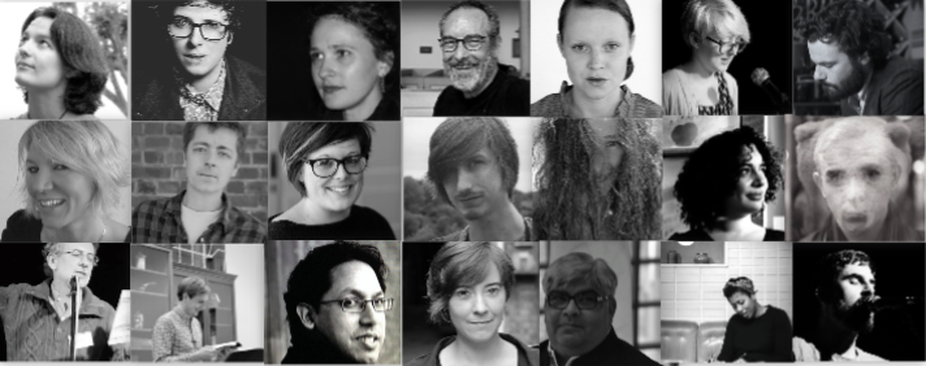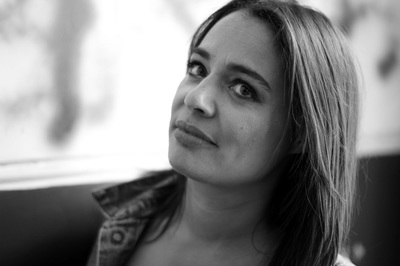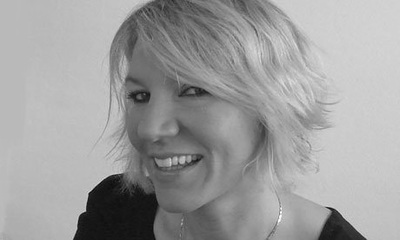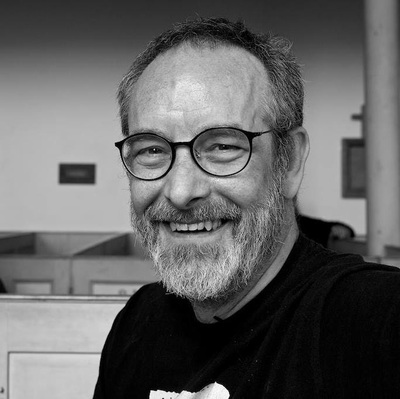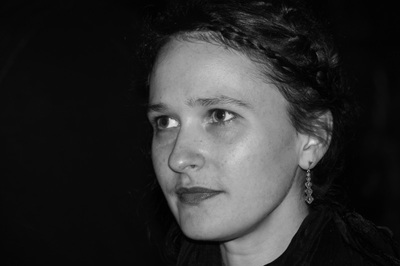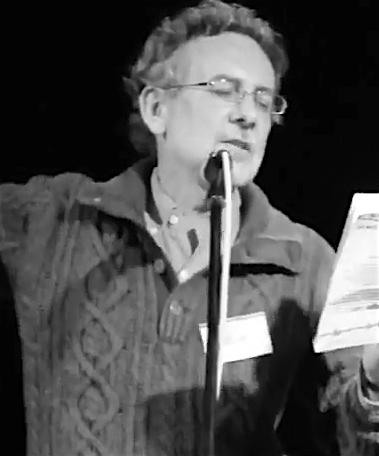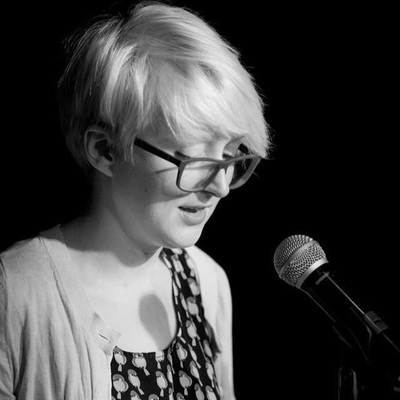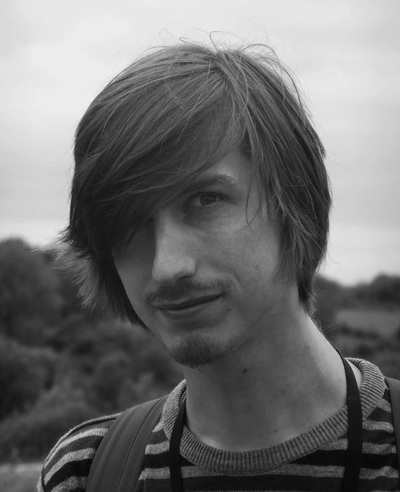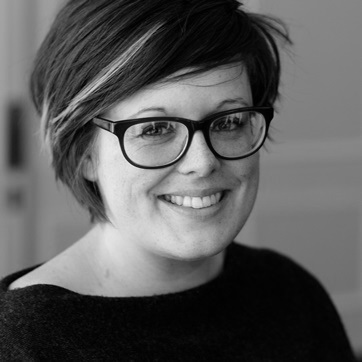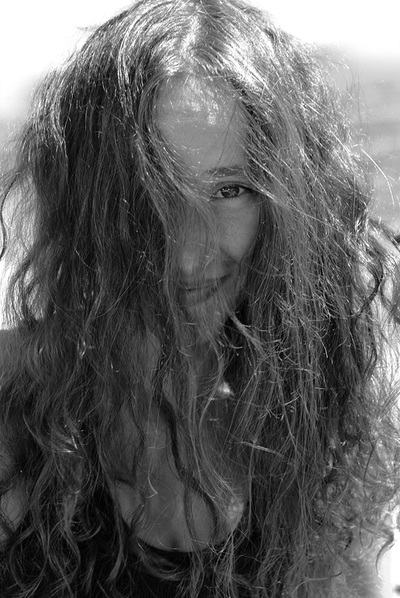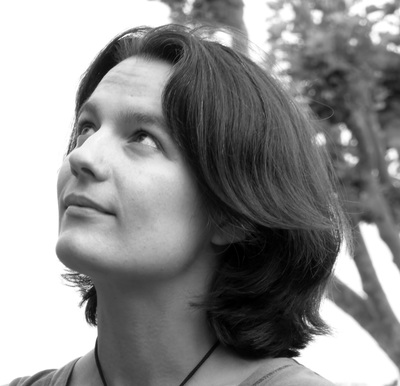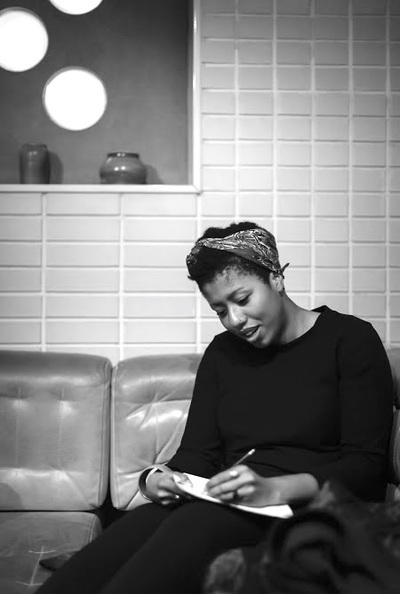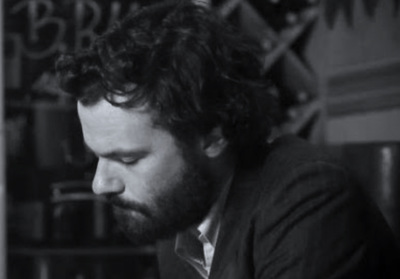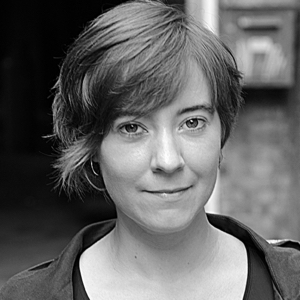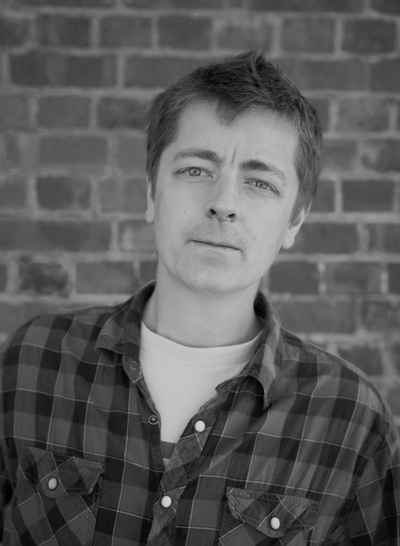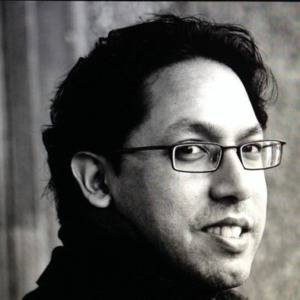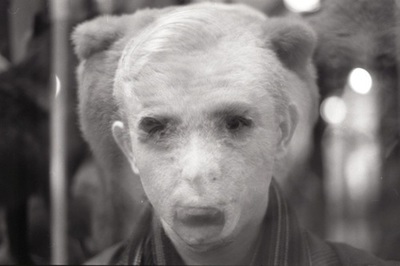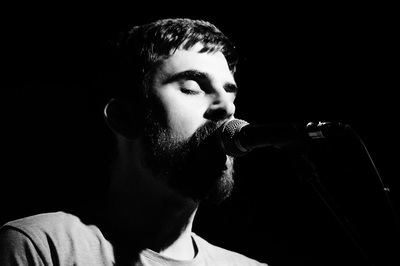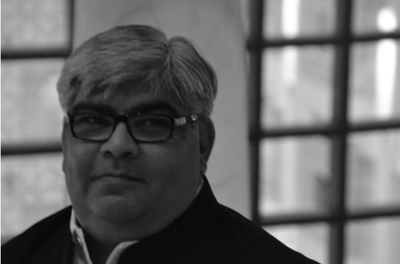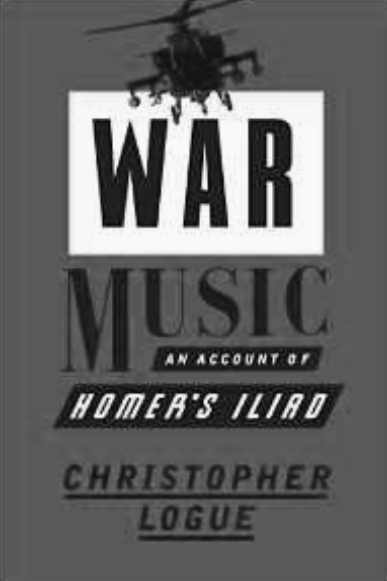Issue XXIII August 2016
The Enchanting Poet Issue XXIII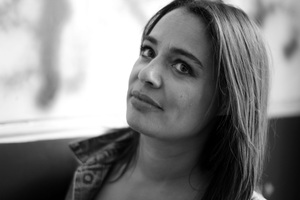 Karen McCarthy Woolf Karen McCarthy Woolf
Born in London to English and Jamaican parents, Karen McCarthy Woolf holds a Glenna Luschei Prairie Schooner Prize and an AHRC doctoral scholarship at Royal Holloway, University of London, where she is exploring ecological poetry, the city and loss. Her collection An Aviary of Small Birds (Carcanet, 2014) commemorates a baby son who died in childbirth and was a Forward Prize Best First Collection nomination and a Poetry Book Society Recommendation. It was selected by Kate Kellaway as the Guardian/Observer Book of the Month and it was described as a ‘beautiful, painful, pitch-perfect debut’. Karen’s poems are translated into Spanish and most recently Swedish, as part of the European poetry initiative Versopolis. Her work as has also been dropped by helicopter over the Houses of Parliament by the Chilean collective Casagrande. Karen has a longstanding interest in cross-arts practice: she has collaborated with artists, filmmakers, musicians and choreographers, presented her work as installation and performed in the UK, US and Europe. She has read at a wide variety of national and international venues and festivals, including Cheltenham, Aldeburgh, Ledbury, the Royal Festival Hall, Barbican Centre, V&A, Tate Modern and Science Museum in the UK, as well as in the US, Singapore, Sweden and the Caribbean. Karen is also a fellow of The Complete Works — a nationwide professional development programme committed to creating more cultural diversity in poetry publishing and is the editor of the associated anthology Ten: The New Wave published by Bloodaxe Books. Karen was recently the poet-in-residence at the National Maritime Museum, responding to the museum’s exhibition on international migration. For more: mccarthywoolf.com
Editor's Choice Issue XXIII Hannah Lowe Hannah Lowe
Hannah Lowe was born in Ilford to an English mother and Jamaican-Chinese father. She has lived in London, Brighton and Santa Cruz, California. She studied American Literature at the University of Sussex and has a Masters degree in Refugee Studies. She has worked as a teacher of Literature and Creative Writing, recently completed her work on a PhD, and is now a lecturer in Creative Writing at Kingston University. Her pamphlet The Hitcher (The Rialto, 2011) was widely praised. Her first book-length collection Chick (Bloodaxe Books, 2013) won the 2015 Michael Murphy Memorial Prize, was shortlisted for the Forward Prize for Best First Collection, the Fenton Aldeburgh First Collection Prize and the Seamus Heaney Centre Prize for Poetry, and was selected for the Poetry Book Society’s Next Generation Poets 2014 promotion. This was followed by two pamphlets, R x (sine wave peak, 2013) and Ormonde (Hercules Editions, 2014), and her family memoir "Long Time No See" (Periscope, 2015). She also read from Long Time, No See on BBC Radio 4's Book of the Week in 2015. Her second full-length collection, Chan, is published by Bloodaxe in 2016.
Editor's Choice Issue XXIII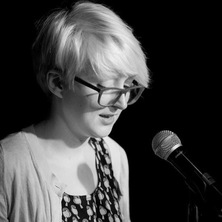 Ella Chappell (photo credit: Andrew Smith) Ella Chappell (photo credit: Andrew Smith)
Ella Chappell has an MA in Poetry from the University of East Anglia. Her work has appeared in various places including Elbow Room, Badrobot Poetry, Ink, Sweat & Tears and 17 Poets. Ella was the winner of the Southbank Centre 2014 Shot Through the Heart film poem competition. She has recently published a first collection, Moonrise (As Yet Untitled, 2016).
|
from The Guest Editor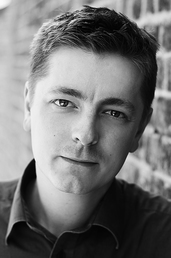 Harry Man Harry Man
“[England made] its coward vote and the streets resounded
To the triumphant cheers of the lost souls – The profiteers, the dunderheads, the smarties.” – Autumn Journal, Louis MacNeice Travelling mostly at night along Britain’s motorways, watching rain swish like gold confetti under the artificial daylight, this year has taken me from St Andrews, Scotland in the North to St Ives on the mainland’s southernmost tip. Legend has it that William the Conqueror, standing boldly on the prow of his ship as it kissed and lurched onto the beach at the Norman invasion in 1066, immediately fell off, face down. In order to recover his dignity, he clutched the sand and held it over his head, and proclaimed, “You see, England is already in my grasp.” As if anyone needed reminding, no-one in England is what Aristotle termed ‘autocthnous’ or “grown out of the land” and now the descendants of those Norman invaders own 70% of the land. Britain is an island nation, and all of us, to slightly doctor Auden’s phrase, are the honoured guests of the Earth. It is an unfortunate function of modern government in England: that it must inculcate societal division. This runs counter to the fact that England is a singularly beautiful place, with an extraordinary diversity of nature, culture and geology. To see the forests of the North York Moors enveloped in mist in the late evening and early the following morning to catch a swallow making the long sweep over Millennium Bridge, and momentarily obscuring the pinnacle of St Paul’s Cathedral it’s hard not to feel lucky even as the city drinks your money and your health like iced lemonade on a hot summer’s day. Long after currency has turned to ash and all landmarks swept out to sea, as we are living proof, poetry will still inspire, console and lead to an endless stirring of culture and a new facility with language. John F Kennedy once said as part of his eulogy for the poet Robert Frost, “When power narrows the areas of man’s concern, poetry reminds him of the richness and diversity of his existence. When power corrupts, poetry cleanses. For art establishes the basic human truth which must serve as the touchstone of our judgment.” In this issue I have elected to cleanse the British palate, to choose a few of the sights and sounds of our recently divorced island with poets from Teesside, from London, from Bristol, Cornwall and Derby among many other stops along the way. I want to show that despite our common grief in the British exit from the European Union, at least in poetry, we have plenty to celebrate. This eclectic variety of poems will take you from airport security in Minneapolis, via Homer and Snow White’s smartphone, to flowers blooming in near-earth orbit. Before we strap ourselves in, we should note that spelling mistakes are likely deliberate, and punctuation, that great series of runway lights for the tongue, are also so placed at the author’s behest. Beyond the isoselean boundaries of newly-razorwired England come poems from among others, Stephan Delbos, appropriately a New Englander, and editor of B O D Y, from Australia, Les Wicks and from Croatia, the poetry of Ana Brnardić. I feel fortunate to be able to be able to publish these poets together in the same place for the first time and I am very grateful to all this edition’s contributors and to Sonnet Mondal for asking me, and for his patience and generosity of spirit. A note from the Guest editor As something of an aside, this week I heard the news that after a battle with cancer, Gareth Lewis, the editor at Tall-Lighthouse has sadly passed away. He was a bold and generous editor, frank where it counted, and not afraid to experiment and with a personal and deep interest in obscure science fiction which always had me running to the library. In his last email to me earlier in the year he said, “I’ve always wanted to start a culture around poetry that isn’t linked to the guardians of the faith… where people know every single title coming out [of] a particular press will be interesting.” He is greatly missed. This issue is dedicated to his memory. |
